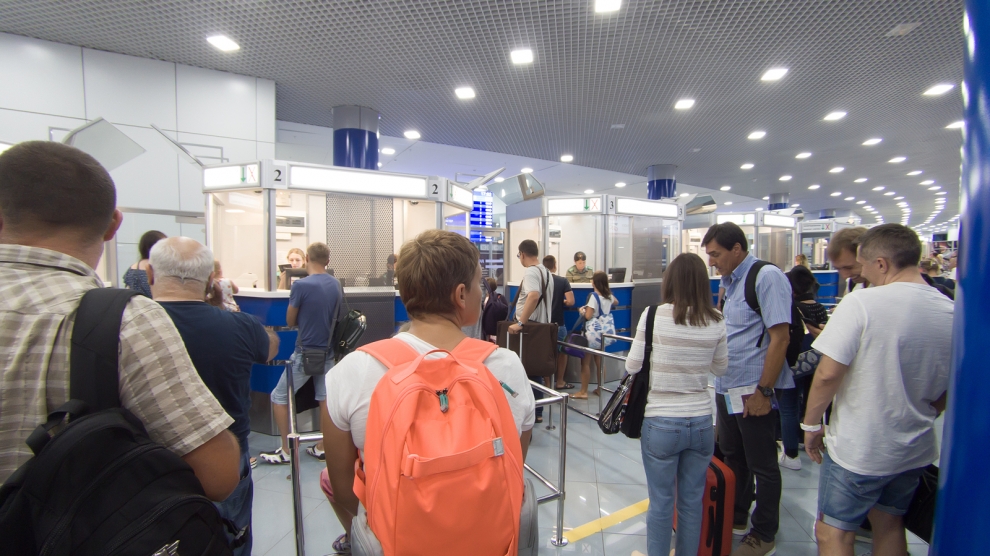On the margins of a Justice and Home Affairs Council meeting in Luxembourg in mid-October, the European Union launched a Mobility Partnership with Belarus to set up effective cooperation in the management of migration.
“If the EU wants to be successful in tackling migration challenges, we also need to step up cooperation with important neighbouring countries such as Belarus,” Dimitris Avramopoulos, the commissioner for Migration, Home Affairs and Citizenship, noted, while recognising the importance of the partnership in the areas of migration, asylum and border management in particular.
The EU-Belarus Mobility Partnership aims to improve migration management, contribute to mobility and legal migration, fight against irregular migration and human trafficking, step up cooperation in readmission, border management, asylum and protection of refugees and provide assistance to the Eastern Partnership country on security of identity and travel documents.
The Mobility Partnership further lays down a number of specific objectives under a section entitled horizontal initiatives, such as strengthening the role of civil society in migration management, improving the legal framework governing migration, ensuring the consistency of migratory initiatives with other policy areas and ensuring the collection of reliable data on migratory trends.
The Mobility Partnership is made up of seven member states of the EU: Bulgaria, Romania, Poland, Hungary, Finland, Latvia and Lithuania. Three of the member states – Latvia, Lithuania and Poland had already signed Local Border Traffic agreements with Belarus prior to the launch of Mobility Partnership.
In conjunction with the currently negotiated Visa Facilitation and Readmission agreements, the Mobility Partnership will be a key instrument in enhancing migration cooperation between the Belarus and the EU, contributing to people-to-people contacts between the various parties.






[…] belonging to other states on the territory of Belarus, including Russia. In October, the country launched a mobility partnership with the […]